| Raise Awareness Foster Understanding Encourage Participation |  |
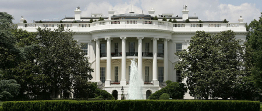 Excess power in the executive, partisan gridlock in a congress of millionaires, bureaucracies, municipalities, corporations, and financial institutions run amuck, wages down, profits up, privatization in full swing, and money flowing to ALL candidates, and elections. Corruption at the top begets corruption at the bottom.
Excess power in the executive, partisan gridlock in a congress of millionaires, bureaucracies, municipalities, corporations, and financial institutions run amuck, wages down, profits up, privatization in full swing, and money flowing to ALL candidates, and elections. Corruption at the top begets corruption at the bottom.
 Well, the actual question should be, "Who is it good for?" The military industrial financial congressional complex, that's who! Hundreds of bases, and multiple engagements, with the Asian shift in full swing; hegemony and geopolitical chess must end!
Well, the actual question should be, "Who is it good for?" The military industrial financial congressional complex, that's who! Hundreds of bases, and multiple engagements, with the Asian shift in full swing; hegemony and geopolitical chess must end!
 This planet, our planet, is the only one we're aware of that will support our type of life. So, might it make sense to start shifting away from known harmful practices? Even if you choose to ignore climate change, there are too many other reasons to consider cleaner, safer methods. Either way, this approach certainly couldn't hurt.
This planet, our planet, is the only one we're aware of that will support our type of life. So, might it make sense to start shifting away from known harmful practices? Even if you choose to ignore climate change, there are too many other reasons to consider cleaner, safer methods. Either way, this approach certainly couldn't hurt.
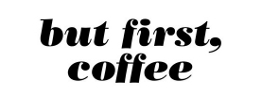 This brings us full circle, the coffee beans we take for granted (Coffee: Making The World Go Round Since 1450) could cease to exist, unless we start to mitigate damage, and implement more sensible practices. It's really pretty simple. We suggest you have a cup, have a read, and ruminate a bit.
This brings us full circle, the coffee beans we take for granted (Coffee: Making The World Go Round Since 1450) could cease to exist, unless we start to mitigate damage, and implement more sensible practices. It's really pretty simple. We suggest you have a cup, have a read, and ruminate a bit.

"Let me end my talk by abusing slightly my status as an official representative of the Federal Reserve. I would like to say to Milton and Anna: Regarding the Great Depression. You're right, we did it. We're very sorry." Federal Reserve Chairman Ben S. Bernanke (At the Conference to Honor Milton Friedman's ninetieth birthday, University of Chicago, November 8, 2002)

"It's hard to overemphasize how important Ford's deregulation was. True, most of the benefits took years to unfold - rail freight rates, for example hardly budged at first. Yet deregulation set the stage for an enormous wave of creative destruction in the 1980s." Former Federal Reserve Chairman Alan Greenspan, "The Age of Turbulence: Adventures in a New World," Chapter Three, "Economics Meets Politics", p. 72
Atlanticism is a belief in the importance of cooperation between Europe and the United States and Canada regarding political, economic, and defense issues, with the purpose of maintaining the security and prosperity of the participating countries, and to protect the values that unite them.
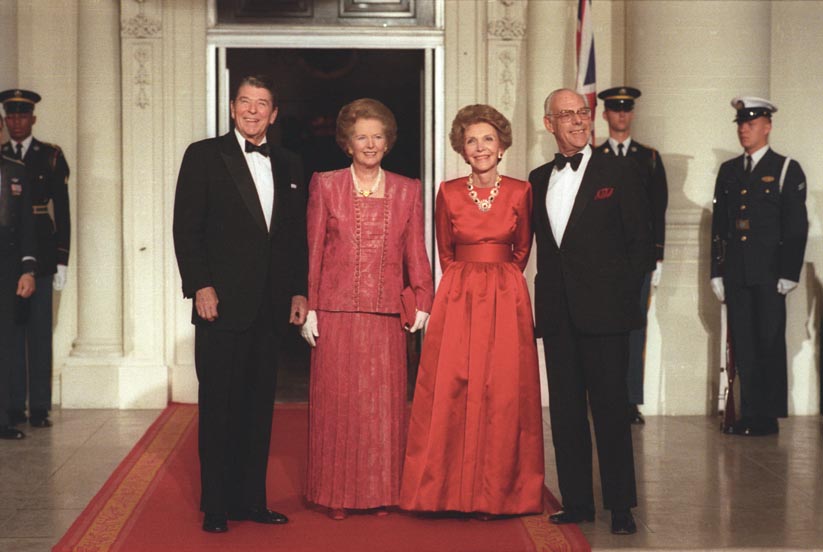
Atlanticism is a belief in the necessity of cooperation between North America and Europe. The term can imply a belief that the bilateral relationship between Europe and the United States is important above all others, including intra-European cooperation, especially when it comes to security issues. The term can also be used "as a shorthand for the transatlantic security architecture."However, it's a mixed bag, given the long term nature of this cooperation, and different events/needs, of different eras. However, the main take away is, cooperation. Presently, a concerted effort, to jointly head towards globalization on the backs of labor.
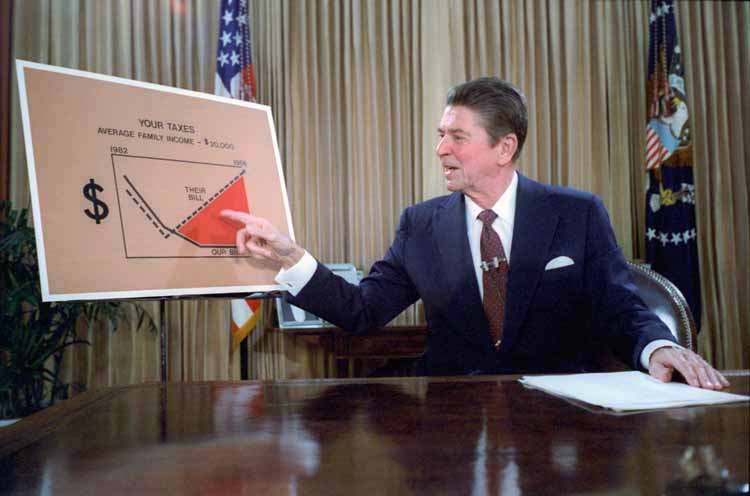
Trickle-down Economics; also known as Supply-side Economics; also known as Reaganomics; also known as laissez-faire; also known as Voodoo Economics. Since the long term outcome speaks for itself, we're blatantly pointing fingers.
Ronald Reagan, President of the United States, 1981-1989

Trickle-down Economics; also known as Supply-side Economics; also known as Thatcherism. Since the long term outcome speaks for itself, we're blatantly pointing fingers. Margaret Thatcher, Prime Minister of Great Britain, 1979-1990

"In economics, we define labor exploitation as paying people less than their marginal value product. I recently told Ed Whitacre (a former CEO of AT&T, who retired with a $158 million pay package) he was probably the most exploited worker in American history because he took Southwestern Bell, which was the smallest of the former Bell companies, and he turned it into the dominant phone company on earth. His severance package should have been billions." - Former Senator Phil Gramm, TX (R), as quoted by the Wall Street Journal, in 2008.
"We have sort of become a nation of whiners. You just hear this constant whining, complaining about a loss of competitiveness." - Phil Gramm, John McCain's economic adviser in an 2008 interview.
Spearheaded the Gramm–Leach–Bliley Act (GLB), also known as the Financial Services Modernization Act of 1999
Co-sponsor of Commodity Futures Modernization Act of 2000
Present Vice Chairman of UBS AG, Investment Bank Division

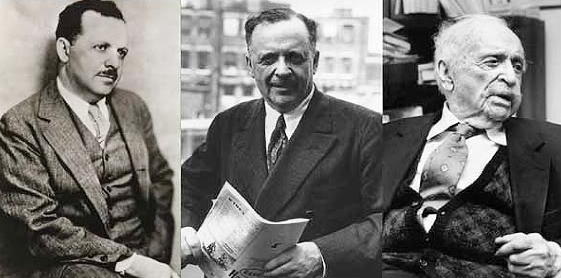 "The conscious and intelligent manipulation of the organized habits and opinions of the masses is an important element in democratic society. Those who manipulate this unseen mechanism of society constitute an invisible government which is the true ruling power of our country.
"The conscious and intelligent manipulation of the organized habits and opinions of the masses is an important element in democratic society. Those who manipulate this unseen mechanism of society constitute an invisible government which is the true ruling power of our country.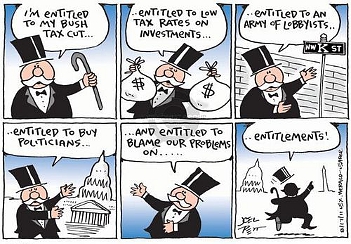
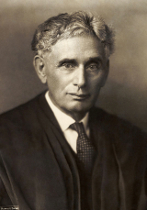
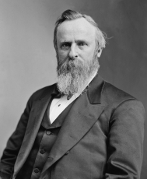
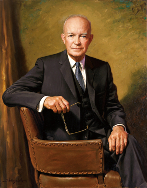 "Every gun that is made, every warship launched, every rocket fired signifies, in the final sense, a theft from those who hunger and are not fed, those who are cold and are not clothed. This world in arms is not spending money alone. It is spending the sweat of its laborers, the genius of its scientists, the hopes of its children. The cost of one modern heavy bomber is this: a modern brick school in more than 30 cities. It is two electric power plants, each serving a town of 60,000 population. It is two fine, fully equipped hospitals. It is some 50 miles of concrete highway. We pay for a single fighter plane with a half million bushels of wheat. We pay for a single destroyer with new homes that could have housed more than 8,000 people. This, I repeat, is the best way of life to be found on the road the world has been taking. This is not a way of life at all, in any true sense. Under the cloud of threatening war, it is humanity hanging from a cross of iron."
"Every gun that is made, every warship launched, every rocket fired signifies, in the final sense, a theft from those who hunger and are not fed, those who are cold and are not clothed. This world in arms is not spending money alone. It is spending the sweat of its laborers, the genius of its scientists, the hopes of its children. The cost of one modern heavy bomber is this: a modern brick school in more than 30 cities. It is two electric power plants, each serving a town of 60,000 population. It is two fine, fully equipped hospitals. It is some 50 miles of concrete highway. We pay for a single fighter plane with a half million bushels of wheat. We pay for a single destroyer with new homes that could have housed more than 8,000 people. This, I repeat, is the best way of life to be found on the road the world has been taking. This is not a way of life at all, in any true sense. Under the cloud of threatening war, it is humanity hanging from a cross of iron."
Read the whole speech (from 1953) here
I like Ike!.
"The Secret Government" from CUJourn. A PBS production with Bill Moyers. Further info.
Yet another warning ... *sigh* ...
and it seems not much has changed.